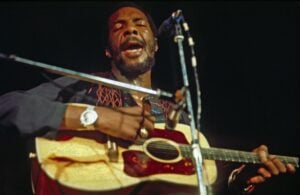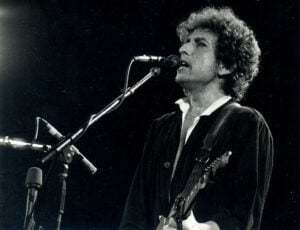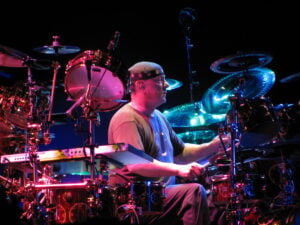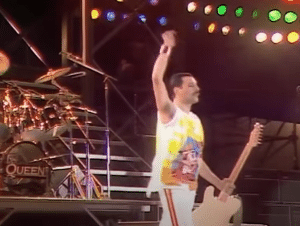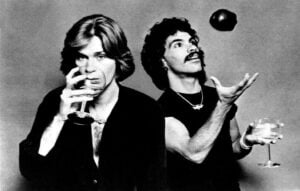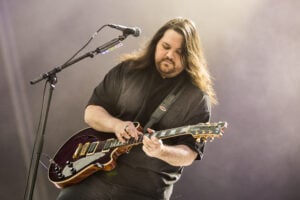How Led Zeppelin Used To Trick Radio Stations
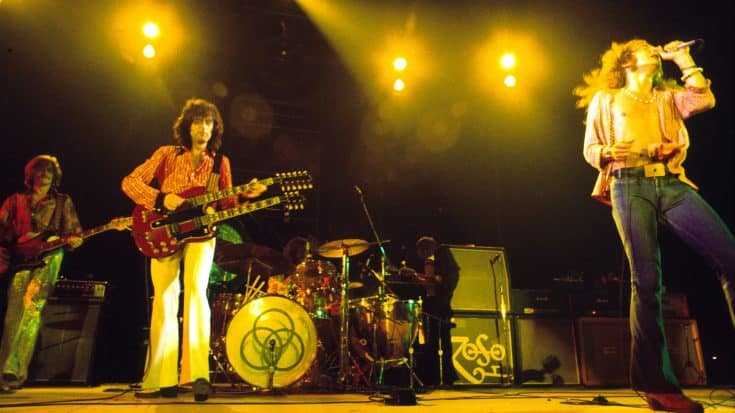
John Paul Jones, Jimmy Page, John Bonham and Robert Plant of Led Zeppelin (Photo by Jeffrey Mayer/WireImage)
With their thunderous riffs, epic concerts, and commanding presence, Led Zeppelin dominated the 1970s. Critics weren’t always in agreement with them, even as fans flocked to arenas to see their thrilling performances. Zeppelin didn’t pursue radio hits or singles that reached the top of the charts, in contrast to many other bands of the era. Rather, they concentrated on creating records that offered listeners a comprehensive musical experience.
Led Zeppelin’s Influence Through Albums
Playing by the rules of commercial radio was not something that Led Zeppelin was interested in. Their albums weren’t merely compilations of hits that would play on the radio; they were intended to be immersive experiences. Their songs weren’t widely played on the radio, even though they sold out enormous stadiums all over the world. The only track to make an appearance on the charts was actually “Whole Lotta Love,” and even that took some time to catch on.
They did experiment with singles early on—”Communication Breakdown” from their debut album was one attempt—but Zeppelin had their own clever way of working around the system.
The Sneaky Trick That Fooled Radio Stations
One of their most underrated moves came with “How Many More Times”, the closing track from their debut album. This song packed a bluesy punch with a searing riff and Robert Plant’s wailing vocals. It had the energy of a potential radio hit, but at over eight minutes long, it wasn’t exactly DJ-friendly.
Rather than compromise their vision by cutting the song down for radio, Zeppelin got sneaky. On the album sleeve, they listed the track’s length as 3:30 instead of the full eight minutes, hoping that DJs would play the entire song without realizing its true length. It was a brilliant trick—one that let the band maintain their integrity while still getting airtime.
A Song That Inspired a Generation
During Zeppelin’s early American tours, “How Many More Times” became a highlight of their live performances despite not being a popular song. The song’s mesmerizing groove and unadulterated energy made it a fan favorite and left audiences spellbound. It also had an impact on other bands; Deep Purple even used some of its rhythmic aspects in their own hit song, “Black Night.”
Zeppelin’s Mystique and Lasting Influence
Leading Zeppelin was never a big fan of following the rules set down by the industry. They ignored their detractors, rarely did interviews, and let their music do the talking. Their reluctance to fit in only served to heighten their allure and mystique.
Zeppelin became one of the most influential rock bands of all time while not pursuing radio hits. Their music has been a mainstay of classic rock radio for decades, spawning bands ranging from Rush to Aerosmith. Their tale demonstrates that excellent music only needs to be memorable and doesn’t have to adhere to any laws.






